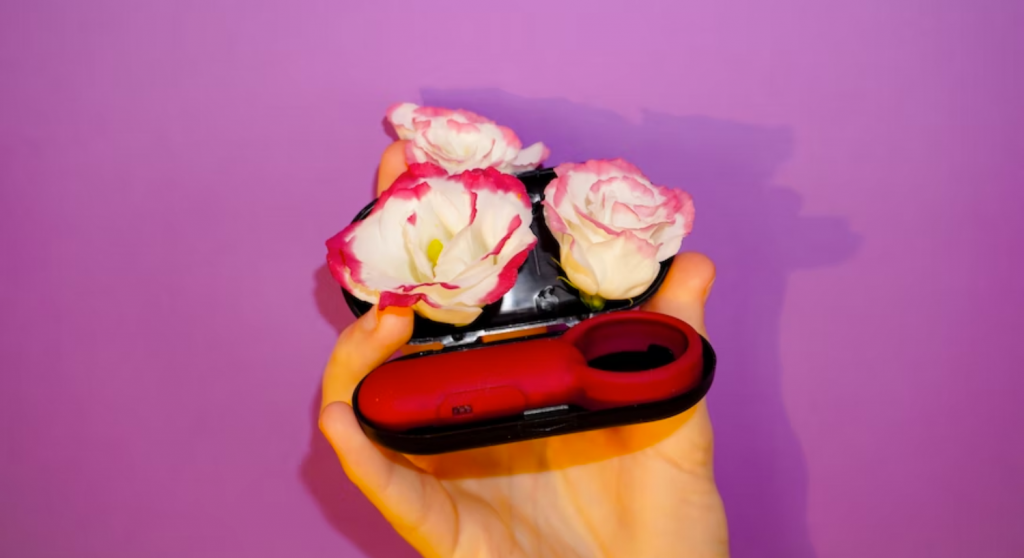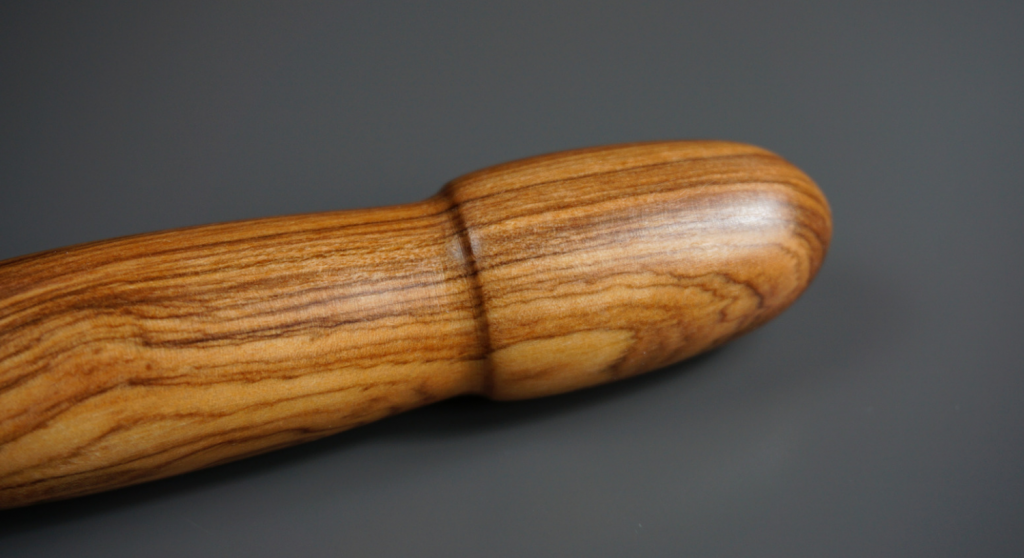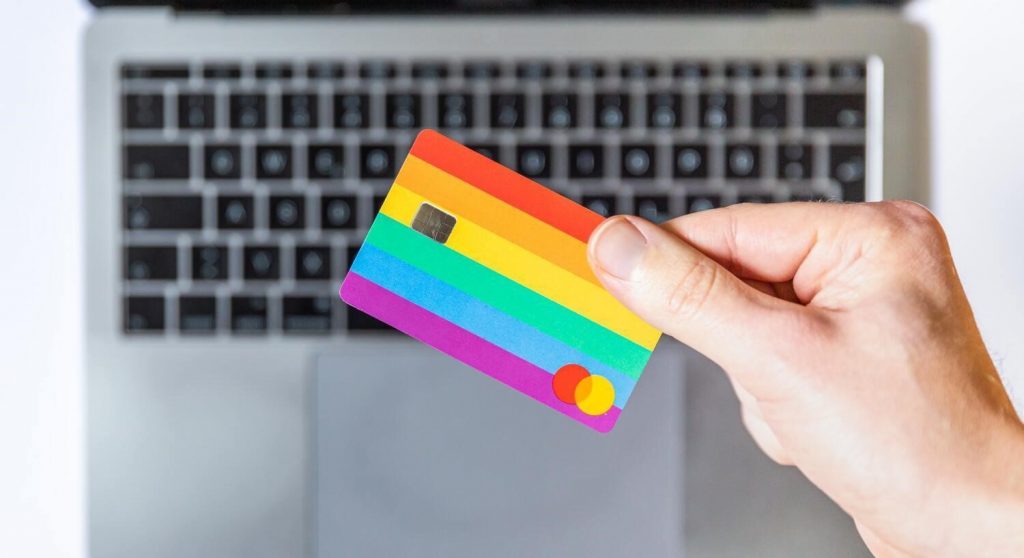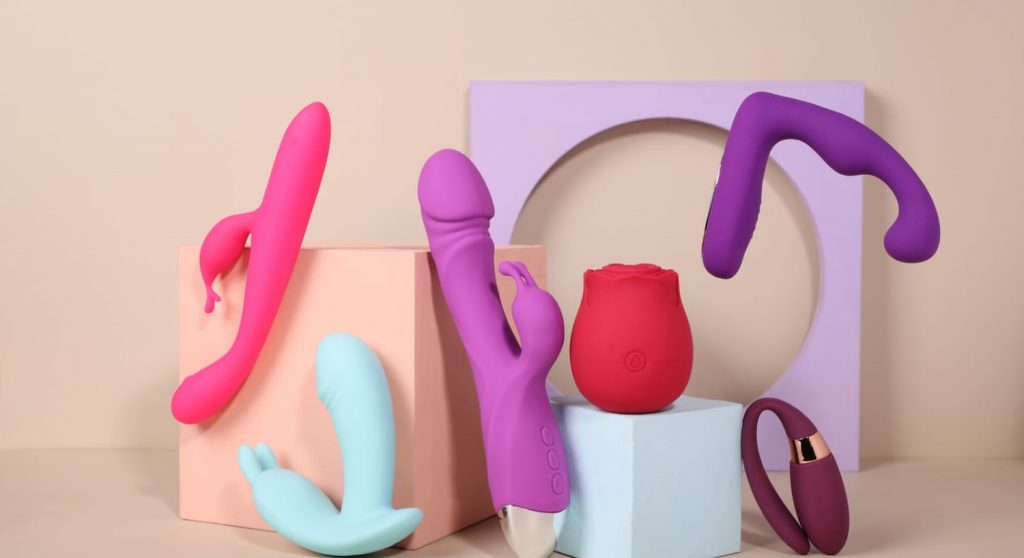WAP, short for “wet-ass pussy,” is a song by Cardi B. It was ranked number one on Billboard’s Top 100 chart in 2020. One of our team members observed that Cardi B’s initial music video appeared to be primarily focused on the male gaze. We were tempted to agree with her at first. It appears like women are being objectified in Cardi B’s video.
However, when we read the Wiki article for WAP, we saw that people on the left praised the video for being “unapologetic in praising the sensuality and sexuality of women,” while those on the right criticized it for showing “what happens when children are reared without God and without a strong father role.”
Suddenly, we were forced to reconsider our stance. Is WAP empowering or objectifying?
Wet A–What?
The proper critique ought to have focused on how animals are portrayed in the film or on how lavishly it indulges the neo-liberal perspective of consumerism. However, women’s ownership of their “own” sexuality was a major topic in the media. The song avoids another trope that has long been a part of rap music—that of a woman satisfying a man’s sexual needs—too. It’s interesting how the song seemed to conservatives to be a danger to the institution of the family.
It might be due to the lack of patriarchal practices like female behaviour control or policing in the video. What will the kids think? is a relevant issue. Children should not be allowed to see sexually adult information until they reach the appropriate age. And such material won’t make kids become “whores,” which is a sexually derogatory term coined by conservatives who criticized the song, or into “virgins,” which is another. They may become more knowledgeable about sex, sexuality, and its expression as a result. The majority of the reviewers were unable to distinguish between “sex positivity” and “hyper-sexualization,” which is another crucial distinction.
What is the impact that WAP had?
Critical praise for Cardi B’s immensely popular tune WAP with Megan Thee Stallion, which was released in August 2020, was given for its “sex-positive image,” with some referring to it as a “landmark moment in the portrayal of female sexuality.” The fact that two women of colour are the creators of the world’s most popular song was also groundbreaking. On the other side, conservatives questioned everything, including the song’s feminism and the fact that Cardi B is a mother, which led to a call for the song to be outlawed. The majority of the criticism also focused on Cardi and Megan’s personal life.
While everyone forgot that Cardi B is a rapper and not simply a mother through her songs, conservatives thought it was wrong for her to create such music while she is a mother. She has always been a vocal emcee who discusses sex and sexuality. And the issue is not with the sexually explicit lyrics or provocative visuals; rather, it is with the gendered dynamics of the Internet as a place and the patriarchally walled and male-dominated rap music business.
Male rappers often objectify and humiliate women in their music, but they have never come under as much fire as Cardi B and Megan have for embracing female sexuality. Unlike Cardi and Megan, who consistently defy the expectations of this place with their music, they sing about anything they feel compelled to since the space is theirs. (Best Sex Toys for Women India – Female Sex Toys Online from Manzuri)
Empowerment or Objectification?
Like appreciation and appropriation, empowerment and objectification are two sides of the same coin. We ought to make every effort to properly understand each perspective. WAP does appear to be objectification since it keeps and commercializes the male gaze on female bodies. And yes, WAP does seem to empower black women because they are taking control of their sexuality. Both points of view are true. That’s okay, too. We enjoy using a slash to demonstrate how WAP is both objectification and female emancipation. To understand this, you don’t have to support either political extreme.
So, we are aware that the answer is yes and/or yes but. Which, however, is more accurate? Let’s define empowerment and objectification in this situation to ascertain this. Self-empowerment comes from the inside. To consciously choose, for instance, “To appear sexy tonight.” but objectification originates from the opposite. “To regard Cardi B as a sex object,” for instance. What power does each perspective possess, we might then inquire?
But, who has the power?
Both financially and socially, Cardi B is quite powerful. Additionally, WAP’s songs make clear how powerful women are sexual. WAP is therefore quite empowering. However, the males who here objectify Cardi B often have less clout. Cardi B doesn’t give a hoot about what people think. WAP is hence less obtrusive. Be aware that power does not define the existence of empowerment vs. objectification; rather, it determines the extent of empowerment. Whether or if you objectify Cardi B is beyond her control. Cardi has no control over the empowerment her music video gives her. Power determines how her empowerment and objectification affect her.
This notion that each person has a distinctive viewpoint is valid in other circumstances as well. Even though Cardi B wants the video to be seen as non-objectifying, certain teens’ growing minds are ingrained in the established quo of female objectification and may interpret the video as objectifying. versus, say, a strong, intelligent woman who watches the video and laughs.
Be Wary of Empowerment Washing
Cardi B is undoubtedly making a lot of money from the video, whether it is empowering or objectifying. And based on her outfit, she is probably earning more money. Selling sex is profitable. How ought we approach this? Is it permissible to market female empowerment? or the objectification of women? Our major argument is that selling the Symbol of empowerment is disconnected from Reality and may even amount to objectification. It is a great illustration of how the Real and the Symbolic are distinct.
This dynamic was also evident in the empowerment vs. objectification debate. In contrast to the Symbols of empowerment or objectification we attach to the sexualized apparel in the film, there is a Real reality to what occurs there.
While still objectifying, we may sell empowerment. As this article demonstrates, the use of phrases like “empowerment” and “contemporary female sexuality” has turned into a tactic for profiteering from the sale of products and services. The issue is that while pretending to be about empowerment, sexually objectifying norms and pictures are being circulated. It has been hotly contested for a while. How did Playboy Magazine contribute to the sexual revolution, for instance? Others think Hugh Hefner merely took advantage of the more accepting view of sex in America, despite his claims that his business helped to foster it.
This entire situation exemplifies the issue of greenwashing. Yes, preserving the environment is a good thing. People will, however, give off the impression that they are becoming green without taking any action. It’s all about the appearance rather than the actual change contributed. This is a clear example of empowerment washing. Female emancipation is beneficial, yes. People would therefore display their empowerment without actually acting on it. Not that we’re advocating empowerment washing via WAP. We claim that there are incentives for it to be. Markets aim to provide items that empower individuals with the least amount of hassle and expense to maintain the objectification status quo. (Best Sex Toys Collection – Buy Sex Toys Online from Manzuri)
Finally, is it worthwhile for us to find out the answer?
And lastly, just as with any good this vs. that online discussion, deciding between objectification vs. empowerment may just be a waste of time. We may argue if WAP is empowerment or objectification indefinitely since there is no right or wrong solution. We know there’s a lot of great food for thought here for us to eat.
It is crucial to draw a distinction between objectification and empowerment. But does the discussion make a difference in the more general discussions about women and their agency? The final conclusion is that this argument has the potential to squander your time away, so take caution!






















